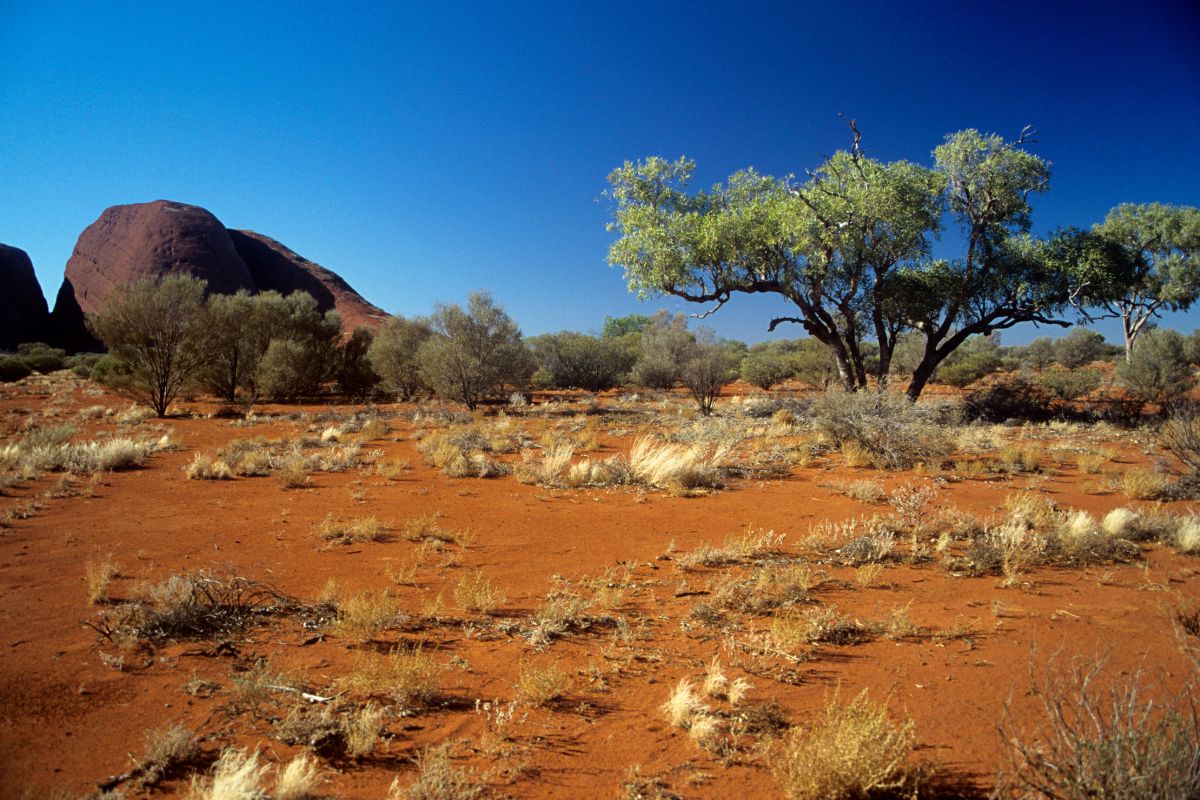
A simple starting point for many non-Aboriginal people to contribute to reconciliation is to conduct an Acknowledgement of Country when meeting or teaching on Aboriginal land. In this post I share my Acknowledgement of Country.
Last year I attended a meeting in which Yungkurrinthi spoke of how they engaged Aboriginal and Torres Strait Islander students.
As part of talking about how to create culturally safe learning spaces, they provided an outline of an activity in which they encouraged non-Aboriginal teachers/lecturers to write their own Acknowledgement of Country.
Only Aboriginal and Torres Strait Islander people can do a Welcome to Country, but non-Aboriginal people, conducting business on Aboriginal land, can do an Acknowledgment of Country which as it sounds, is a specific acknowledgement of the traditional custodians of the land on which they are meeting.
In its simplest form, an acknowledgement of Country is the recognition of a nation group (e.g. Kaurna), a payment of respect to elders past and present, and an acknowledgement of Aboriginal and Torres Strait Islander people in the audience.
However, it is possible to personalise your acknowledgement by connecting it the context of the meeting, your work, your personal connection with land and culture, as well as providing contextually relevant additions such as support for the Uluru Statement from the Heart, recognising unceded sovereignty and highlighting Black Lives Matter movements.
After that meeting I went away to write my Acknowledgement of Country. It is a written piece that I continue to work on. Depending on the time I have to present, I might do the full acknowledgement or a shortened version.
I continually update this as I gain a better understanding of Aboriginal and Torres Strait Islander history and culture and can better articulate my thoughts and feelings.
In future posts, I will share other Acknowledgements of Country that I have found that might act as a template for you to create your own.
To learn more about the process, this is a great video I recently found:
Acknowledgement of Country – Dr Gareth Furber
I’d like to acknowledge the Traditional Owners and Custodians, both past and present, of the various locations the University operates on, and recognise their continued relationship and responsibility to these Lands and waters. I pay my respects to Elders, past and present and to any Aboriginal or Torres Strait Islander people reading this.
Personally, I want to take a moment to express my gratitude for the fact that I get to live, work and play on Kaurna land.
I’ve regrettably taken that for granted for many years and am changing that.
I’ve been present at many events or ceremonies in which I (and the other non-Aboriginal people present) have been welcomed to Country. Invited to be on this land by elders – past and present.
It has taken some maturity and reflection to even begin to grasp how powerful that gesture is. Given everything that Aboriginal people have had to endure, their capacity to continue to welcome people to their Country (which is much more than just land) speaks to the depth of their spiritual connection with land, their ongoing appreciation of the interconnectedness of everything and their deep wish to not continue to propagate traumas they’ve experienced.
So, I hope that I can be a better guest and one aspect of being a better guest is caring for land/country.
As a gardener, I’ve long been aware of the reciprocal relationship we can have with the natural world. If I care for and nurture my garden, it rewards me healthy vital plants that provide pleasure and sometimes food. But the interconnection goes much deeper than that. Viewed over an extended timescale, it is possible to realise that separating oneself from the land, water, animals, sky and stars is an error. There isn’t a ‘you’ (quite as you think there is) and then all these things. You are all those things and they are you. And not just now, but throughout time (past, present and future). You are intricately intertwined with the universe and its contents.
You can think of that in whatever way you want, a spiritual/metaphysical connection, a realisation of everything being made of the same building blocks and emerging from the same creative event, or simply the observation of just how interconnected things are in everyday life.
But once you do, you realise the responsibilities you have to yourself and your loved ones and the community in which you live, also extends to the earth on which you live and all its inhabitants. When you are welcomed to Country you are being invited to accept these responsibilities: to that Country, but also the original custodians of that Country: in this region, the Kaurna people. You are being invited into someone’s home, which isn’t just a space. It is the sum total of their life and the life of their ancestors.
That can be an overwhelming sense of responsibility at times but reflects an invitation for a deep sense of belonging.
And so, my acknowledgement of Country is an acceptance of that responsibility and an expression of gratitude for even being invited, which I wasn’t owed, but which has been extended graciously to me by the original custodians of this land.
I will cultivate that responsibility, one piece at a time. And one of those pieces for me is acknowledging it here in writing.
I encourage you to consider and seek out what accepting that responsibility would be for you.

